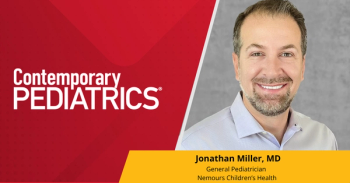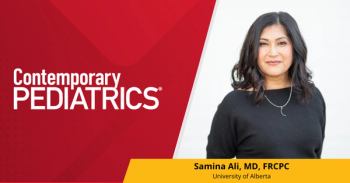
Study: Ritalin effective in preschoolers with ADHD
The longest and most complex study of methylphenidate (Ritalin) in preschool children shows that it can be safe and effective for some children in that age group who have attention deficit hyperactive disorder (ADHD), according to the study's lead author.
The longest and most complex study of methylphenidate (Ritalin) in preschool children shows that it can be safe and effective for some children in that age group who have attention deficit hyperactive disorder (ADHD), according to the study's lead author.
Laurence L. Greenhill, MD, who presented his work at a session of the AAP's National Conference today, recommends the medication only for children who have moderate or severe problems stemming from their disorder, however.
Greenhill's research, which will be published in the Journal of American Academy of Child and Adolescent Psychiatry next year, looked at children between 3 and 5-1/2 years old. The study found a significant level of improvement in children who have been given a diagnosis of ADHD.
In one important aspect of the study, all parents of children in the study underwent an established, multiweek parental behavioral training program before their child was started on the drug at an individually optimized dosage.
Parental training was found to help ADHD problems significantly in only a minority of cases (some parents dropped out of the study immediately after the training). Greenhill proposed that, in some cases, training simply may help parents better deal with their child's disorder.
Greenhill cautioned that children this young who are on the medication should be carefully monitored. A number of children in the study were withdrawn because of problems believed to be side effects of the drug. It is possible, he said, that younger children experience more side effects because they metabolize methylphenidate differently, although that has not been studied.
The study was undertaken after major concerns arose in 2000 that children were, in general, being overmedicated and worries were raised about medicating preschoolers in particular.
Greenhill recommends that physicians attempt behavioral training with these children before moving to medication. He told the audience to go "lower and slower" when beginning methylphenidate. But from a risk-benefit point of view, children with more severe problems may do better on the medication.
A footnote: One of Greenhill's most emphatic recommendations is that, if a parent of an ADHD child has the disorder, that parent needs to be treated first by his or her physician, or the child's treatment is unlikely to be effective.
Newsletter
Access practical, evidence-based guidance to support better care for our youngest patients. Join our email list for the latest clinical updates.








